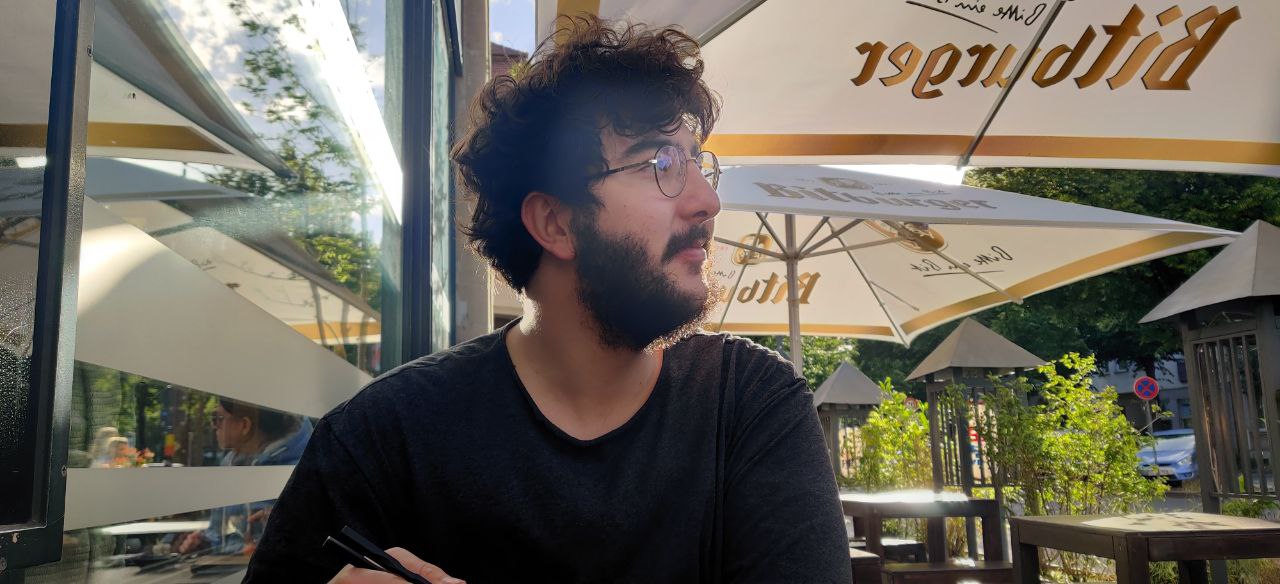
Atilla Çelikgil
Research interests
I have a broad range of interests in evolutionary ecology, mainly in the dynamic interplay between ecological and evolutionary processes and how these forces influence the adaptation and biodiversity of organisms, particularly in response to anthropogenic stressors.
Research project (tldr)
“A comparative genomic approach of wild bee responses to urban ecosystems”
My aim is to investigate the impact of urbanization on wild bee evolution. Combining landscape ecology and spatial tools with population genetics and molecular ecology, I investigate the effects of urbanization on nonadaptive (genetic drift and gene flow) and adaptive (natural selection) evolutionary processes in wild bee populations. In addition to that, by making use of species with different ecological traits, I explore whether bee species with contrasting ecological characteristics differ in their evolutionary responses to urbanization.
As part of my PhD research, we have launched a citizen science project called URWIBEE Project (URWIBIE Projekt). The URWIBEE Project aims to get the public involved with the sample collection required for my project and raise awareness about wild bee diversity.
Research project
I am a second-year Ph.D. candidate working on a DFG-funded research project under the supervision of Dr. Panagiotis Theodorou.
Currently, I am investigating the effects of urbanisation on flying insects with a focus on Hymenoptera. Urbanisation alters landscapes, resulting in loss and degradation of habitats, which challenges the persistence of urban Hymenopterans. On the other hand, cities have various habitats and land uses, such as gardens and parks, that might support species with certain ecological needs. In addition, the composition of the urban landscape and its configuration can influence population sizes and the effects of genetic drift, as well as gene flow between urban populations and their genetic diversity. If populations become smaller and genetically isolated, they will have reduced genetic diversity and greater genetic differentiation. Urbanisation-induced environmental changes could act as a filter where certain individuals with favourable traits increase in frequency over time, leading to local adaptation. Overall, I am interested in how the urban landscape heterogeneity affects the community structure of Hymenoptera and their evolution in cities.
In order to investigate this, with a team of students and citizen scientists, I have sampled flying insects in the cities of Halle, Leipzig and Hamburg with yellow pan traps and handnetting. In addition to this, I have sampled cavity-nesting Hymenoptera using artificial nesting aids whereby mated females provisioned the nests with pollen and laid eggs. The developing offspring hibernated within the nest during winter, which allowed me to collect them. I extracted DNA from individuals of different species in all cities for whole genome sequencing to assess what landscape elements impede or facilitate gene flow and enhance or reduce genetic diversity. More excitingly, it will allow me to scan for genomic signatures of selection in response to urbanisation and pinpoint candidate genes involved in adaptation to cities. Combining ecological data with genomic data will allow me to take a holistic approach to understanding how species are affected by urbanisation and if there is a pattern to this observation, such as species with particular traits consistently being more susceptible or resistant to it. These data will provide insight into how to make our future cities more Hymenoptera-friendly and sustainable.
Curriculum vitae
2022 – present
PhD, Martin Luther University Halle- Wittenberg, Germany
2019- 2021
MSc in Biodiversity, Ecology and Evolution, University Leipzig, Germany
2015- 2019
BSc in Molecular Biology and Genetics, Middle East Technical University, Turkey



